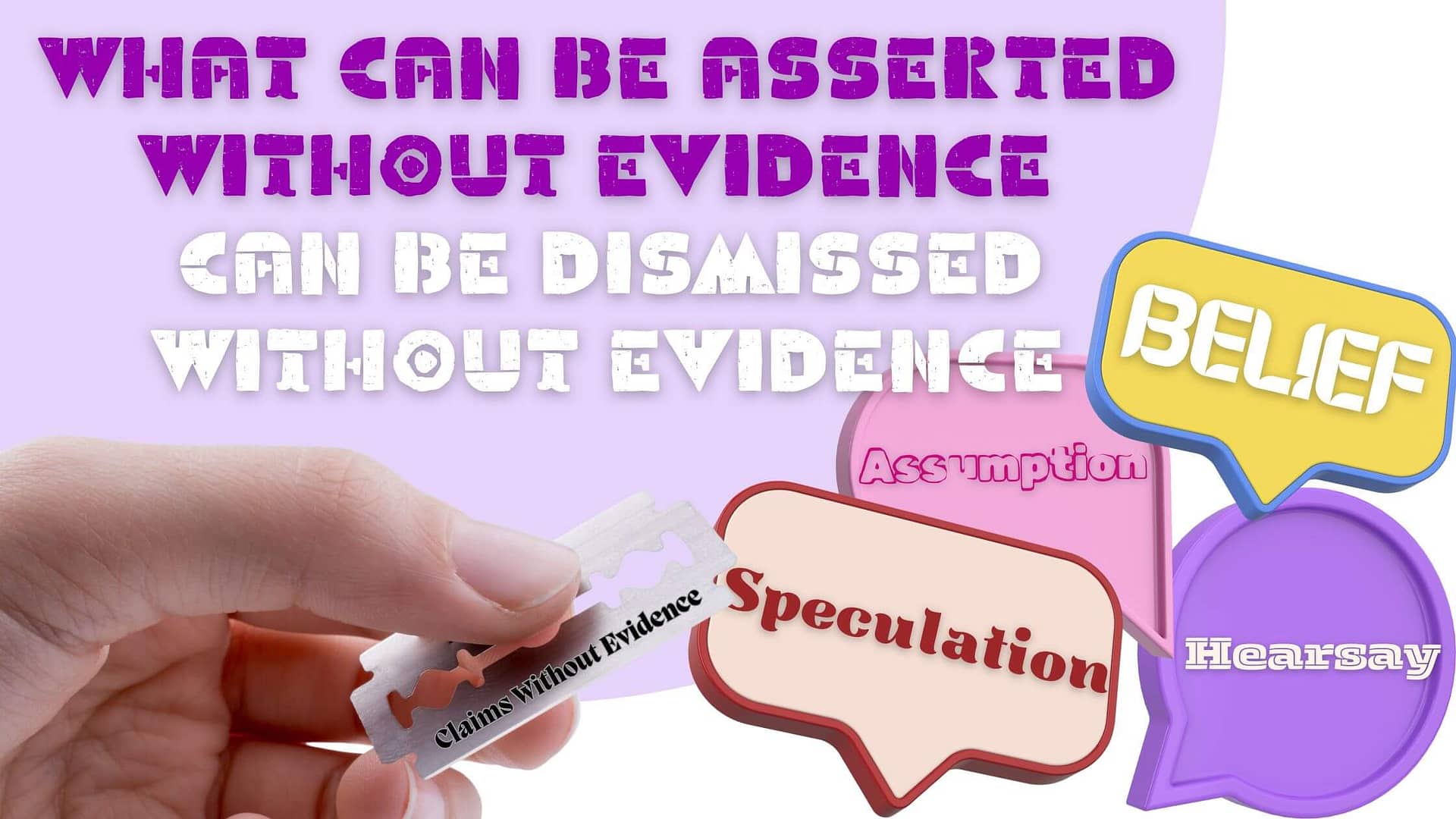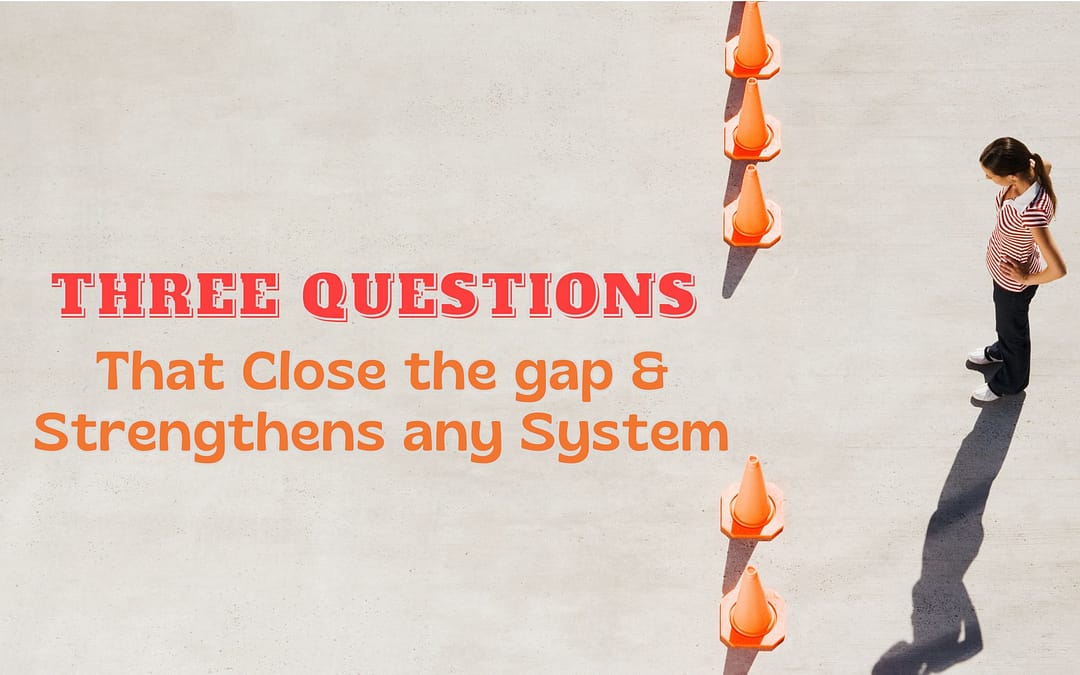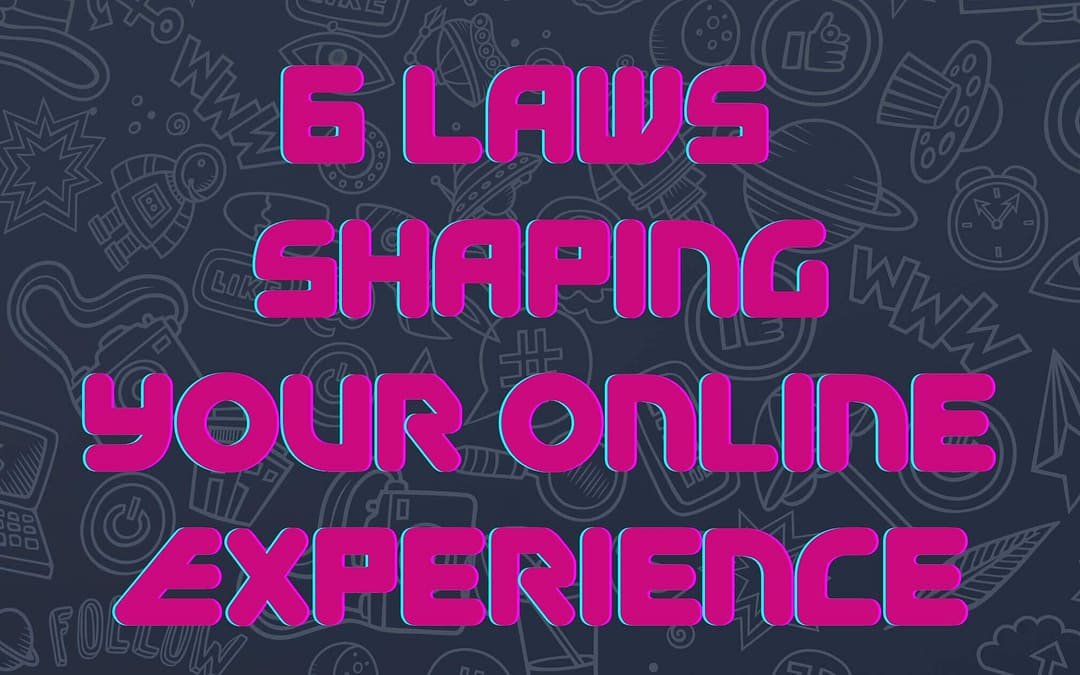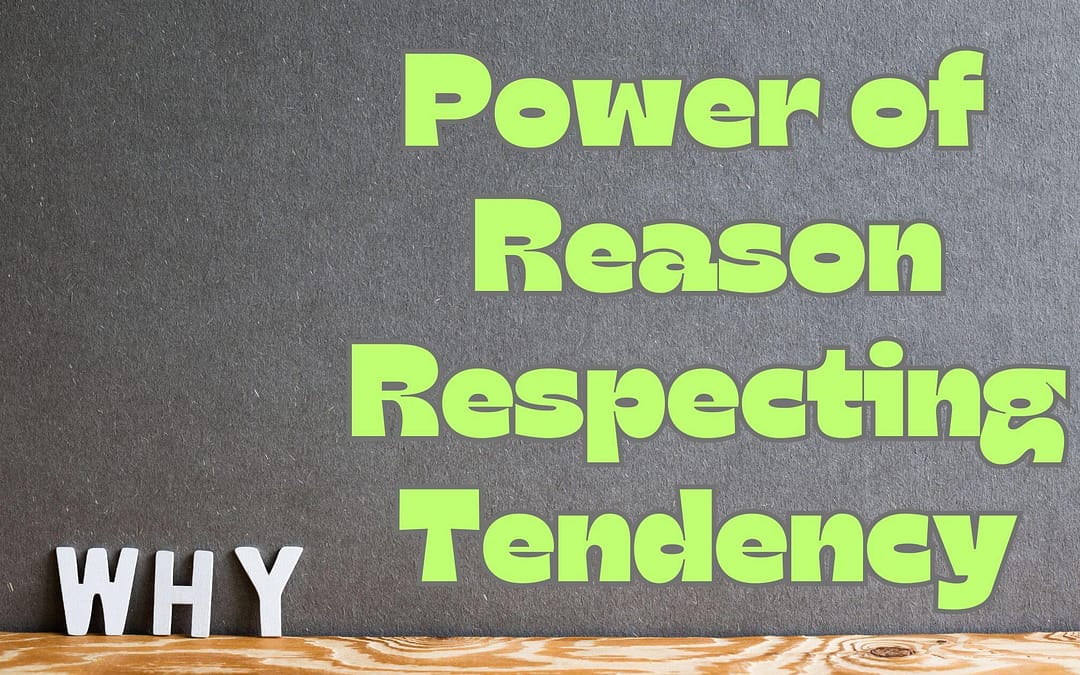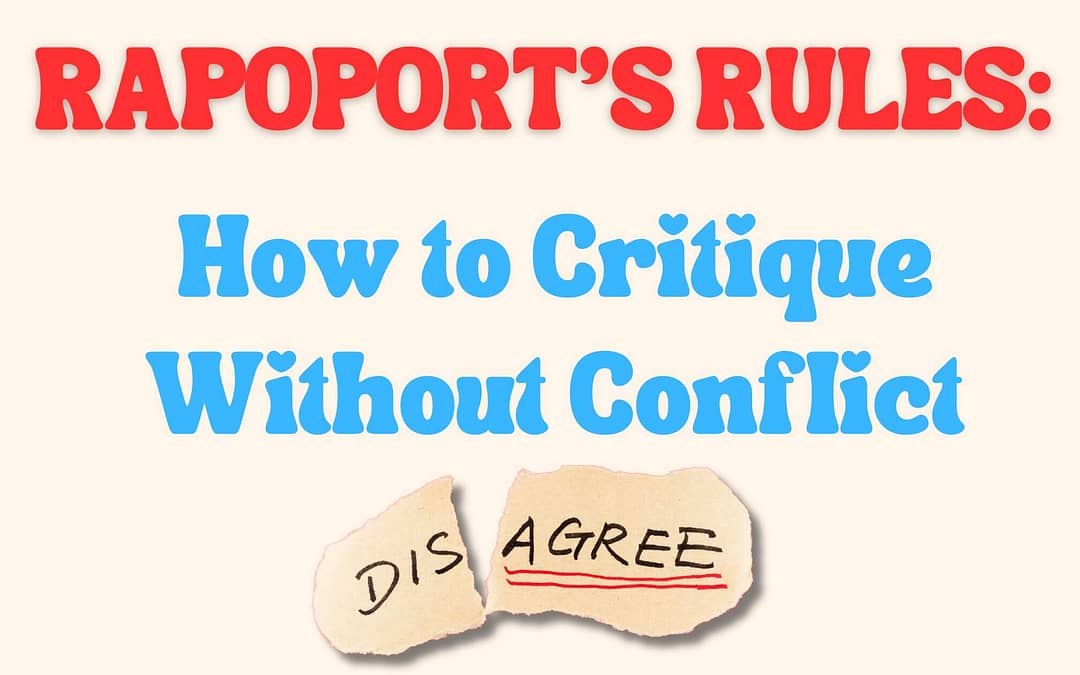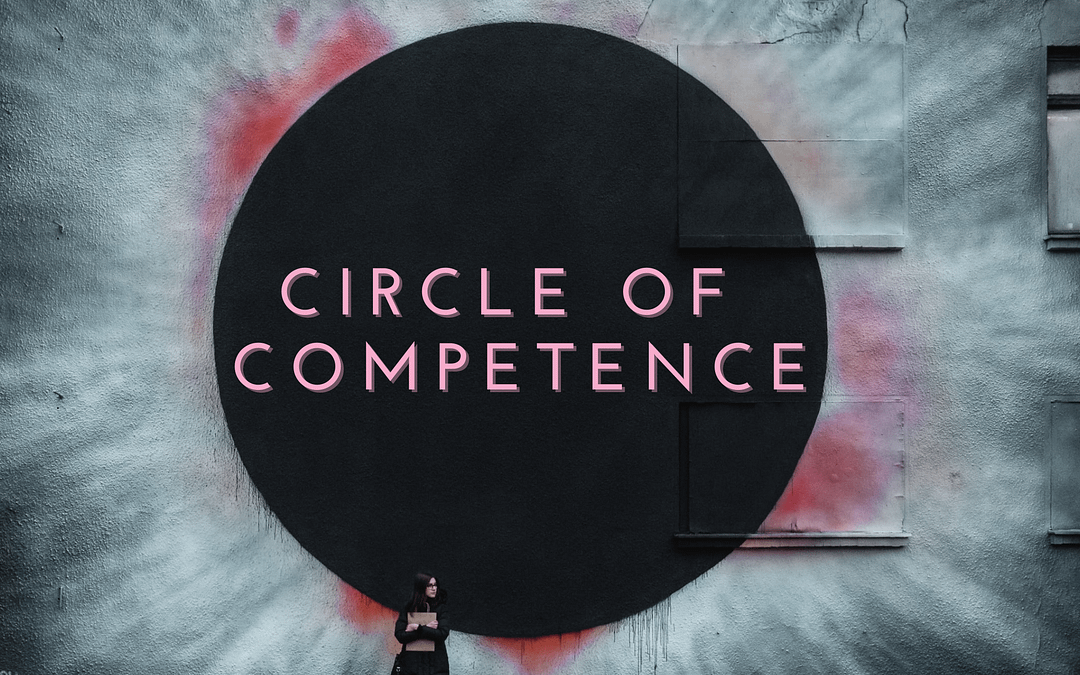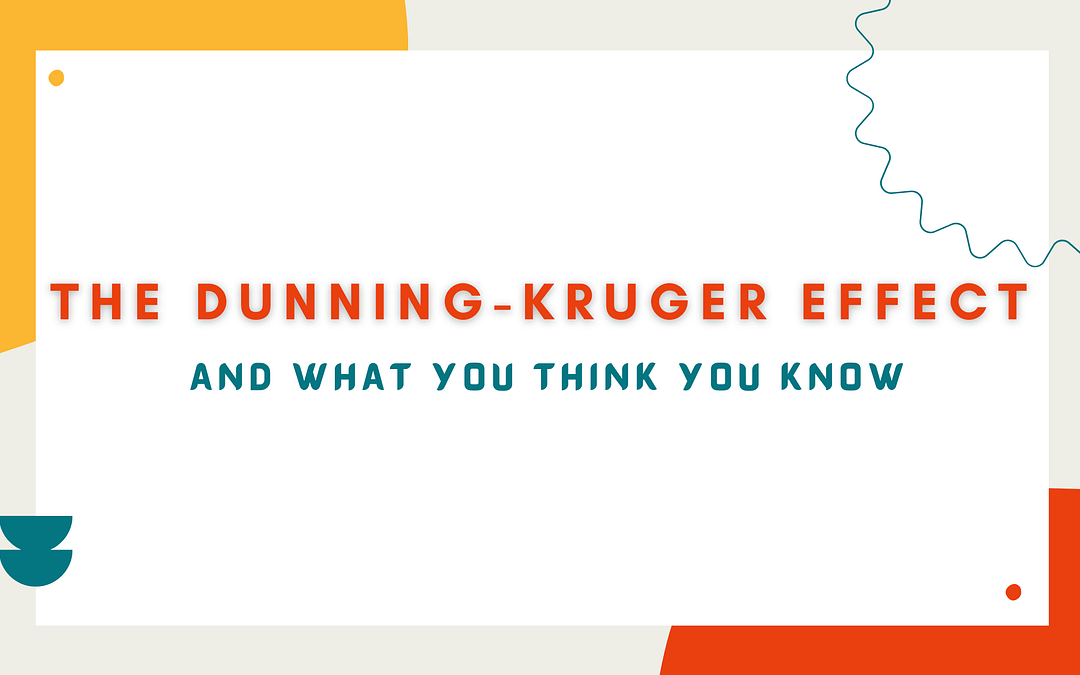Hitchens’ Razor is the perfect mental model for creating evidence-based arguments. The model states,
“What can be asserted without evidence can also be dismissed without evidence.”
– Christopher Hitchens
In other words, the burden of proof falls on the person making the claim.
In any argument you can always come up with another “what if” without relying on evidence. Learn how you can defend yourself against the endless “what ifs” and how you should apply this mental model.
Attacking the argument
A lot of people in the media use claims without evidence to attack an argument with no regard to whether it’s right or wrong. From the perspective of people who already want to believe something, they will take someone’s inability to refute an argument as proof the counter claim is true.
For example, if someone was to say there was voter fraud in an election, then the person making the claim would need to prove it. Without evidence, someone might say conditions made it possible for voter fraud to happen, therefore there was voter fraud.
Applying Hitchens’ Razor to this example, you would dismiss the argument that there is voter fraud without evidence like tampered polls, hacking, or obvious disparities in the results. There would be no point in defending the idea that there was a fair election because there is nothing to argue against.
Verbal Sight of Hand
You can think of claims without evidence as a verbal sight of hand. The purpose is to deflect your attention away from your arguments and claims.
If you’re busy trying to disprove a claim without evidence with evidence, then you won’t have a chance to discuss what you can actually prove. Unfortunately, Hitchens’ Razor is mostly unknown to a majority of people and these diversions can be really effective in swaying public opinion.
False Advertising
If there’s one thing that is going to require the use of Hitchens’ Razor the most, it’s advertising. Imagine if advertisers were able to claim anything they wanted about their products.
A business could say, “Our chewing gum will whiten your teeth” or “Conditioner will prevent hair loss.” If the burden of proof didn’t fall on them, imagine the chaos of trying to disprove those claims with strenuous evidence.
It’s far easier to make a claim than it is to support it. Remember this the next time you go shopping and see a product on the shelves that promises to do miracles.
Choose your battles
The standard of Hitchens’ Razor not only keeps arguments down to earth—it also tells you about the person making the claim. Making claims without evidence isn’t exactly scientific and it isn’t logical.
If the person making the claim isn’t arguing with evidence, then there is a good chance they are too invested in their side to have a reasonable debate. By choosing to engage in this kind of debate, your inability to defend your argument against these claims is only going to make the other person seem more right, even if they’re not.
Remember, if they’re not using evidence to argue something, then you don’t have to use evidence to disprove it.

